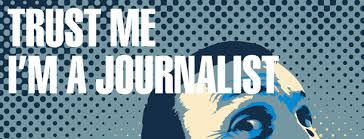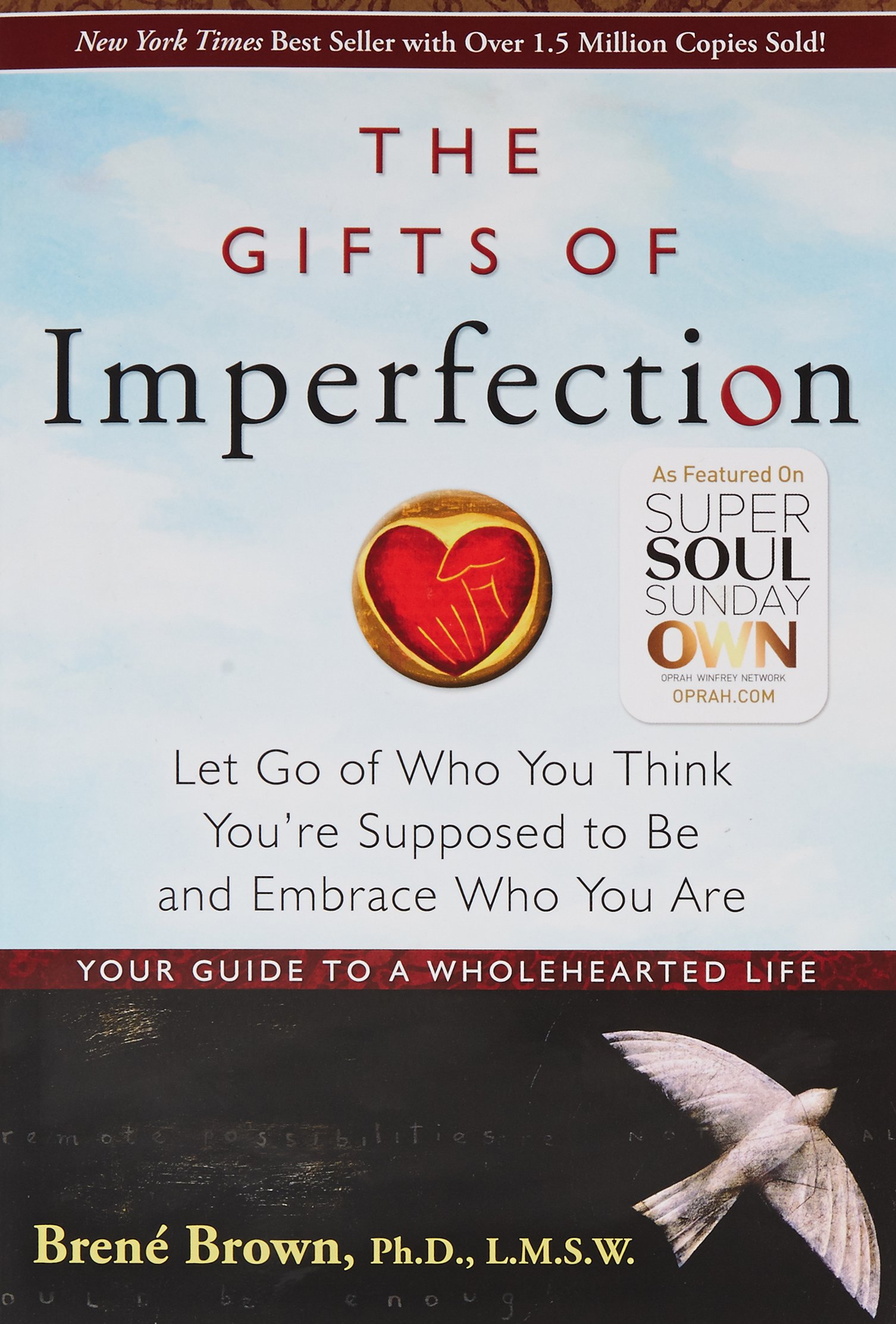
Ethics like religion, food and recreation is largely a matter of personal choice. While some values are universal, each individual has a different threshold of how much he or she would apply any values to one’s personal life and professional conduct.
In journalism – a profession where you regularly call out other people’s lack of ethics or faltering values – one needs to have a much higher threshold of ethics and moral conduct. When that doesn’t happen, the media is labelled unfair, hypocrite and biased and consequently the public trust gets punctured.
As a journalist, I prefer to stick to certain values in my professional conduct. And I believe these are universal as far as the jobs in media are concerned. Media cannot afford to subscribe the ‘to each his own’ value proposition.
Humility: It is important to realise that much has happened before we journalists were born. Let’s not take our job too seriously. We are the story tellers and not the story makers. And we need to tell the story the way it has played out and not the way we would have liked it to play out. Let’s not over-estimate or misuse the power of our by-lines or shows. Arrogance prevents us from being introspective, self-critical and even curious, which is one of the basic qualifications of being a journalist.
Integrity: I believe the way we conduct ourselves determines whether we will come across situations that will compromise our integrity. A business journalist has far more opportunities to travel and be entertained as compared to a general news journalist – corporate parties, factory visits, business conferences – you name it. And the stakes in business are high and interests far more vested than that in case of a politician or a public servant. It is easy to fall for temptations when you as journalist are gifted hampers, silver coins, iPhones and the like. And in such situations – your willingness and strength to say ‘No’ is the most important reflection of your character.
Optimism: I have often found the journalists around me to be cynical about the way things are. After years of reporting, it is natural to feel that things are unlikely to change and we are just too small to make a difference. However, if the journalists lose heart in their role of opinion makers and influencers, it is a tragedy for the citizens and triumph for the governments of that region.
Limiting Bias: Journalists don’t realise that they too are an integral part of the development that they are witnessing and reporting about. And often their reporting or opinions carry their inherent biases. While one cannot completely eliminate bias, being conscious of individual biases while reporting helps go a long way.
Fairness: As a journalist, one has to be fair both in praise as well as criticism. Superlative emotions are avoidable unless a situation strictly warrants making an exception. Fairness is difficult if otherwise you are an unfair person or ready to lose ground when faced with resistance. However, being unfair is not a sustainable option for a journalist – although some black sheep are often seen practising their profession as a main stream journalist.
Boldness: Not many can speak the truth to power – even those in the job of doing so. The profession of journalism feeds upon courage – courage of the individual and the support of his or her media organisation in standing by the work so produced.
Excellence: Mediocrity is bad in any profession – but it is worse in case of media. A mediocre media over a period of time blunts the intellect of the masses and their ability to question and to verify facts.

